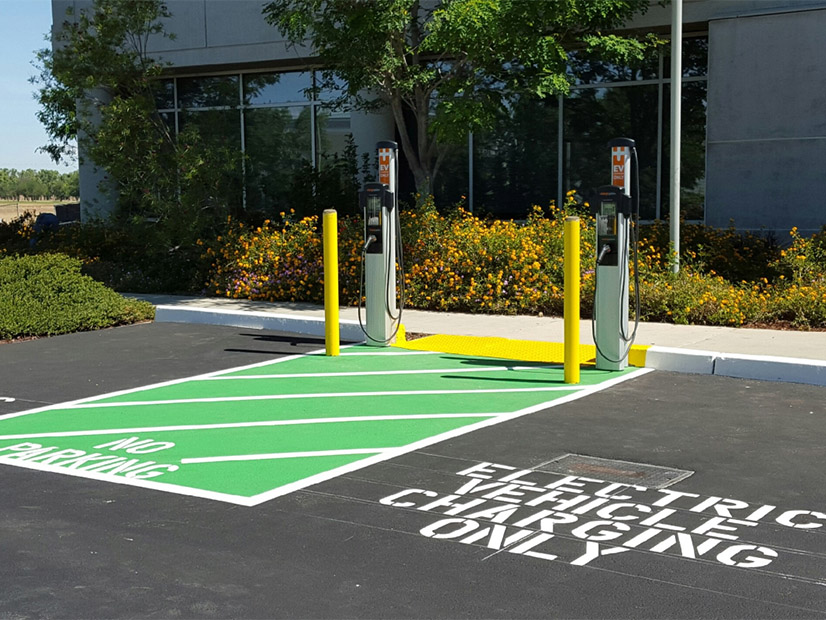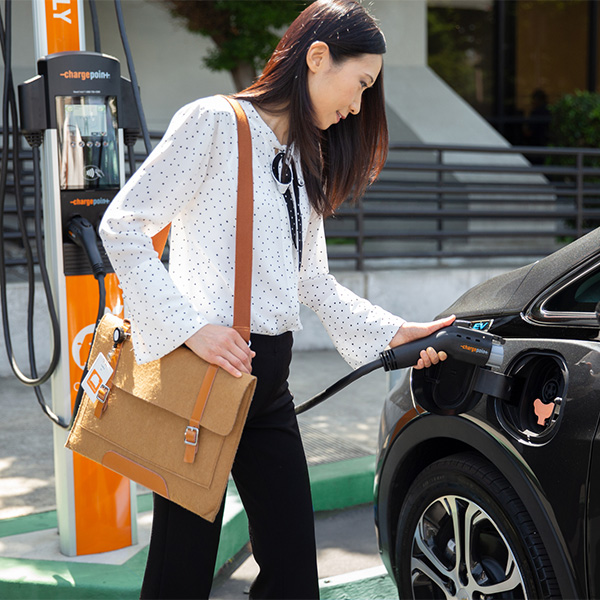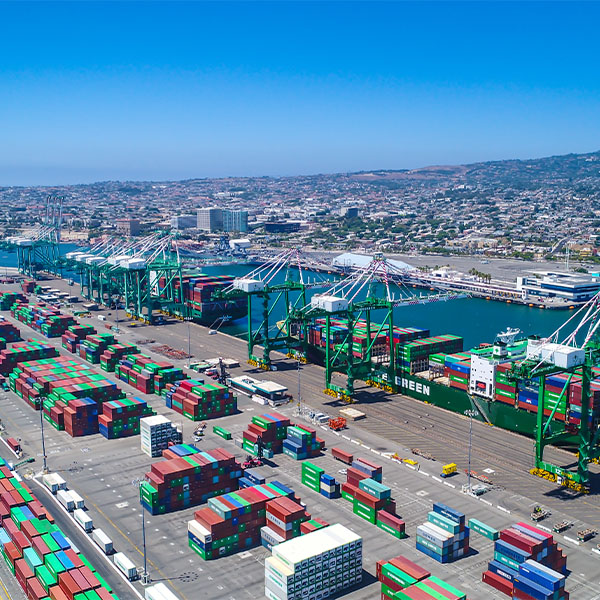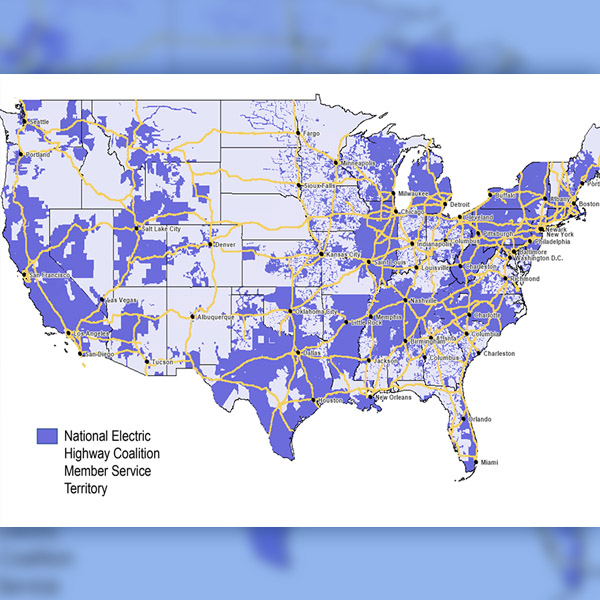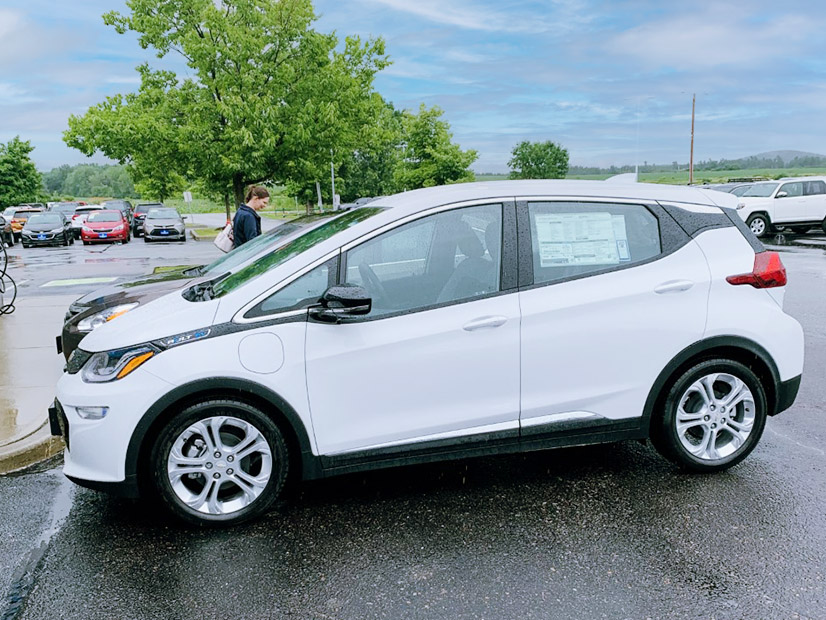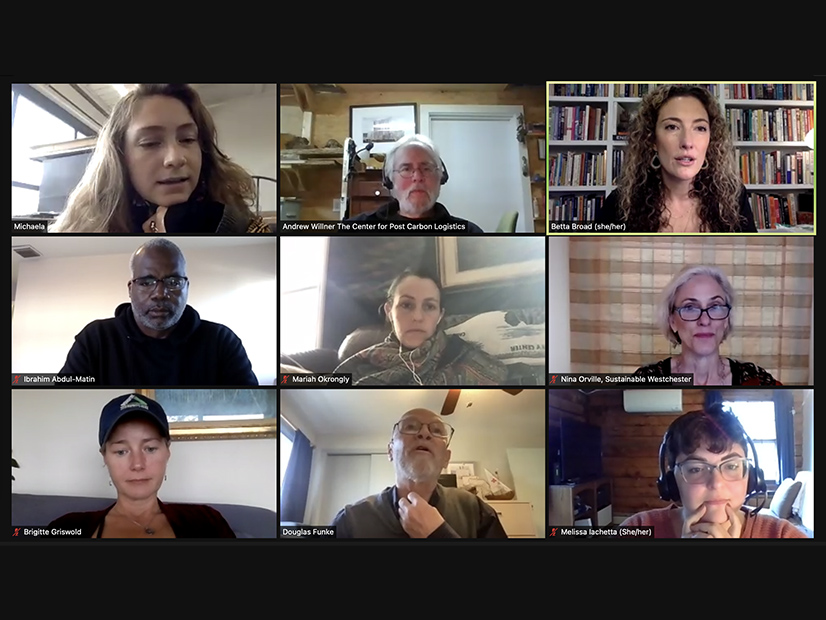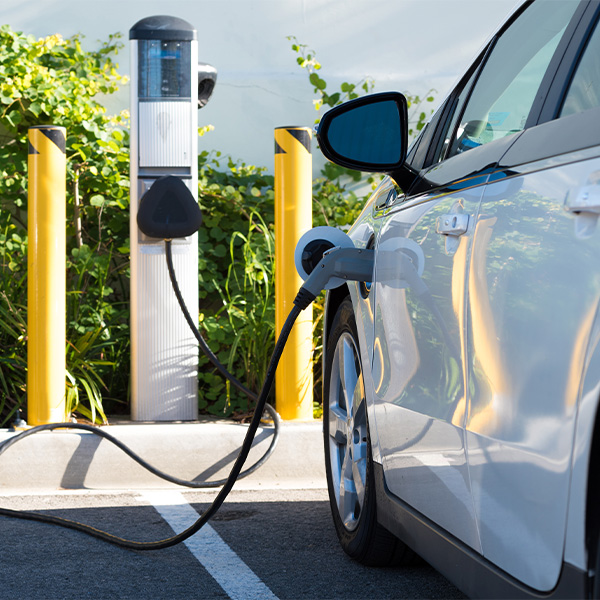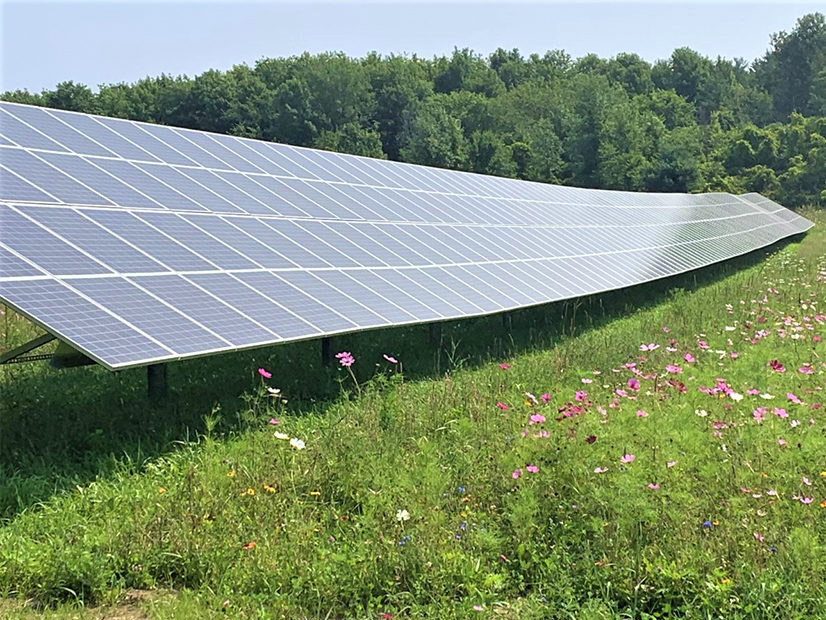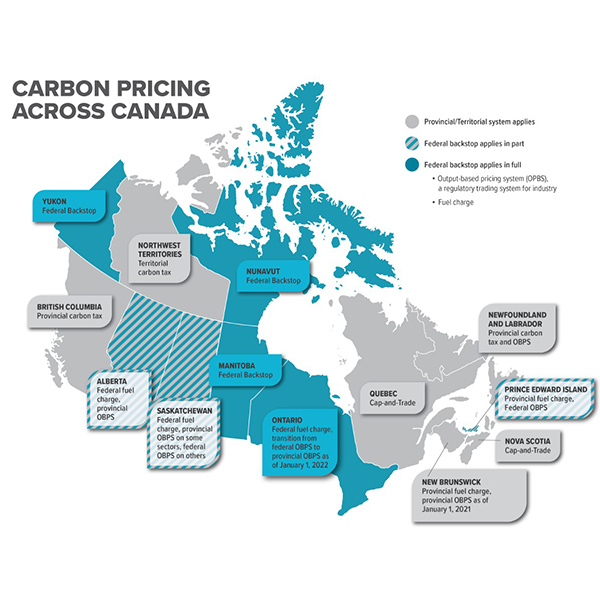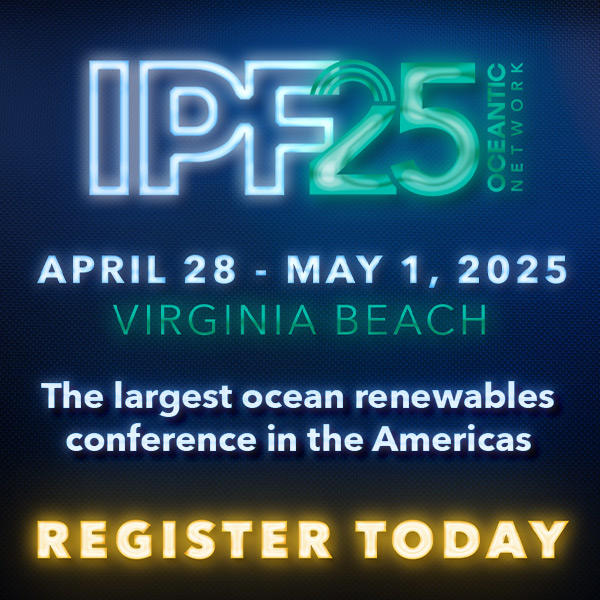Transportation Decarbonization
Airplane DecarbonizationEV chargersHeavy-duty vehiclesBattery Electric Buses (BEB)Fuel Cell Electric Buses (FCEB)Light-duty vehiclesBattery Electric VehiclesFuel Cell VehiclesPlug-in hybrid electric vehiclesShip electrificationClean Ports
The California Energy Commission has approved allocating up to $500 million in grant funding for electric vehicle charging incentive programs.
The Virginia DEQ approved a measure to adopt standards that will reduce tailpipe emissions and set zero-emission vehicle sales requirements.
The Green Hydrogen Coalition sees the nation’s seaports, heavy with air pollution, as an ideal starting place for a hydrogen fuel revolution to begin.
More than 50 electric utilities announced the creation of a national coalition to facilitate the buildout of fast-charging stations on major highways.
Transitioning to 100% ZEV sales in Vermont will be a challenge, as 85% of its passenger vehicle sales are currently higher-priced SUV and truck models.
New York is trying to reduce transportation-related pollution not only by promoting EVs, but by increasing the availability of public buses and light rail.
Nevada regulators have approved NV Energy’s $100 million plan for a network of electric vehicle charging sites throughout the state.
The Vermont Climate Council voted 19-4 to adopt an Initial Climate Action Plan with the expectation that it will update it next year.
Canada has a price on carbon pollution, but it’s not a perfect system, said a speaker at the annual Association of Power Producers of Ontario conference.
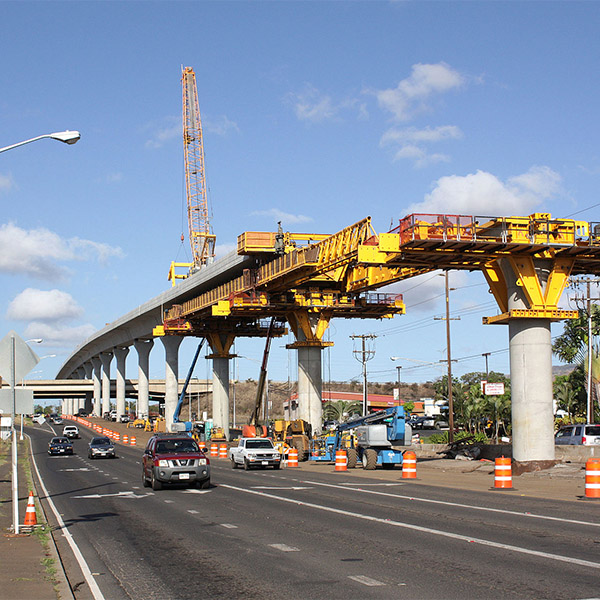
Musashi1600, CC BY-SA-3.0, via Wikimedia
The Honolulu Authority for Rapid Transportation recommended a tax on tourists to help pay for a $3.5 billion budget shortfall in the city’s light-rail project.
Want more? Advanced Search
